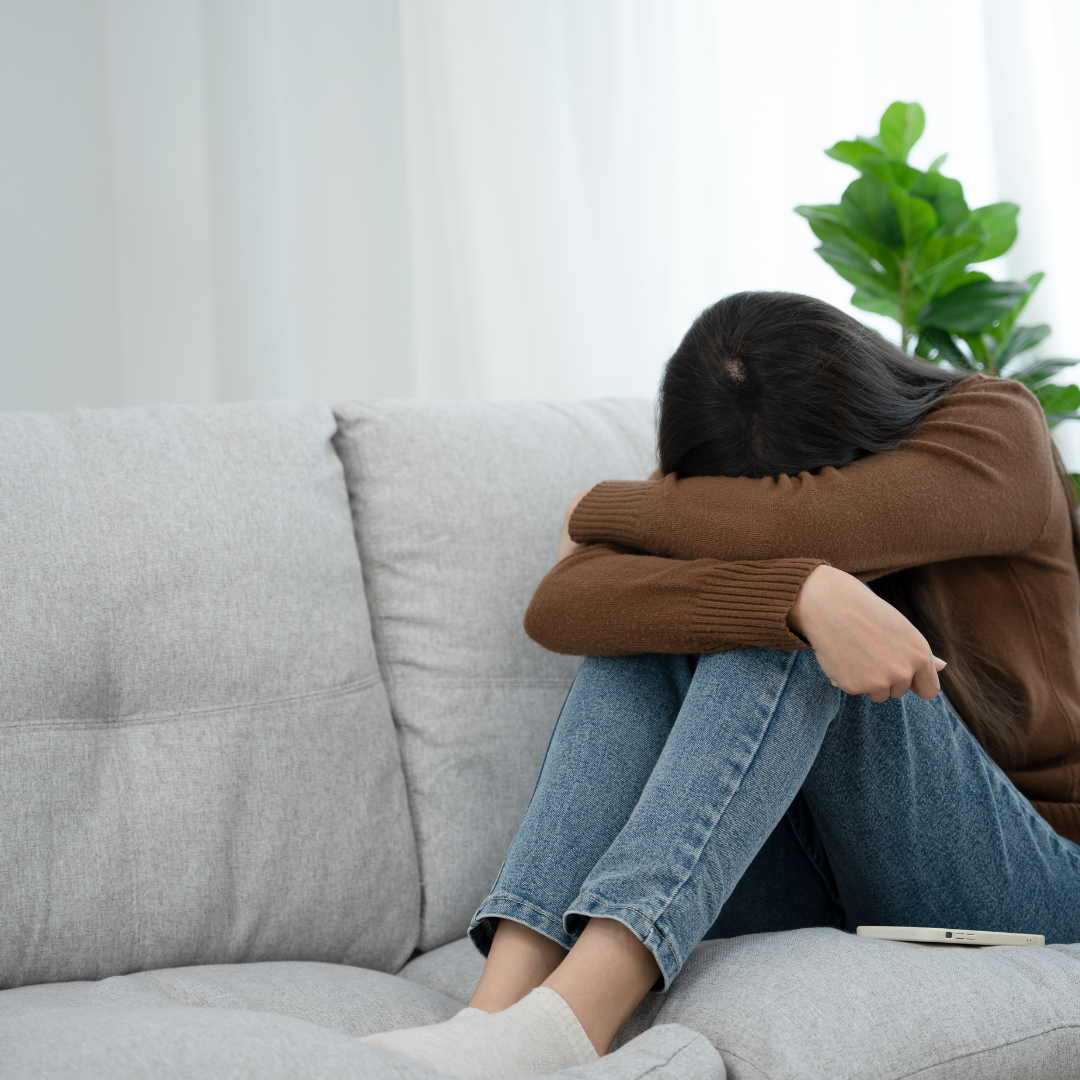5 FAQs About Mental Illness and Suicide
Suicide and mental illness are two of the most serious public health issues of our time. The warning signs of both have been widely publicized, but the fact remains that not everyone will seek help. Most people are unaware that these conditions are caused by a chemical imbalance in the brain rather than weakness or inability. Unfortunately, many still stigmatize mental illness, leading to people suffering in silence. However, we can prevent psychological illness and suicide, and no one should give up hope.
Here Are the Five FAQs about Mental Illness and Suicide:
- Who Is at Risk for Suicide?
“Anyone who is struggling with emotional pain may be at risk for suicide,” says Dr. Gary Gold, vice president of medical affairs at Transitions Recovery Network. “The types of people most at risk are young people-15 to 24 years old-women, those with a history of depression, anxiety, bipolar, or other emotional illnesses, and even those with substance abuse problems.
- Can You Prevent Mental Health Problems?
Conditions such as depression and anxiety impact nearly 1 in 5 individuals, affecting people across all age groups. That is why, mental health services for seniors as well as young individuals are necessary. And while 90 percent of people who have a serious psychological illness recover, a stigma and misunderstanding are attached to these conditions. This can cause some people to hide their problems, delaying treatment and leading to worse symptoms. In addition, stigma can keep people from seeking care or help, which can also delay treatment. It is important to note here that help is available in many forms like therapy and counseling. If those with a problem need to reach out, access to a licensed Online Psychiatrist in Washington and other cities is simply a click away. However, that is not to say that many people would choose to seek these services out due to the negative responses often offered by society. On the contrary, you can’t prevent mental illness. Studies show that most people go through one or more mental health problems in their life. While some people will have a disorder that severely impacts their lives, others will not.
- How Do I Know If I am Unwell?
Sometimes it can be hard to tell if you’re suffering from an illness, especially if you’ve never experienced it. But don’t just “tough it out.” Many illnesses have recognizable symptoms, including depression, anxiety, eating disorders, and addiction. But if you experience sudden or intense feelings of sadness, anger, or hopelessness that persist for weeks, months, or years, you may be struggling with a mental health condition.
- What Must be Done When Someone Expresses Interest in Suicide?
After being deeply hurt by a recent heartbreak, a loved one or friend may come to you with a suicide plan. To begin with, not everyone who considers suicide actually attempts suicide. The majority of people who are contemplating suicide never go through with it. This does not imply that the individual has decided to commit suicide. That doesn’t mean they didn’t intend to. Anyone can change their mind or decide that the time is not right. Suicide is a serious issue that requires careful consideration when discussing mental health. It is critical to educate yourself about the disease so that you can better understand your loved one’s psychological problems or suicidal tendencies. You can also take your friend or family member to a mental health expert or contact a law enforcement professional. These professionals might have special programs and Emergency Services Technology to share data across platforms that could be used to handle individuals with behavioral issues and provide crisis prevention assistance. Suicide is one such issue that requires a quick response and proper method to convince the person not to go on with the idea.
- Why Do People Attempt Suicide?
While suicide is commonly defined as someone committing suicide, the term can also refer to an attempt, which is when someone makes a serious but unsuccessful attempt to end their own life. Suicide is complicated, and mental illness is unfortunately stigmatized. Nobody is alone in their struggle with psychological illness.
When dealing with mental health conditions, it can be challenging and confusing to know how to take care of yourself – and where to turn for assistance. Help is available.





